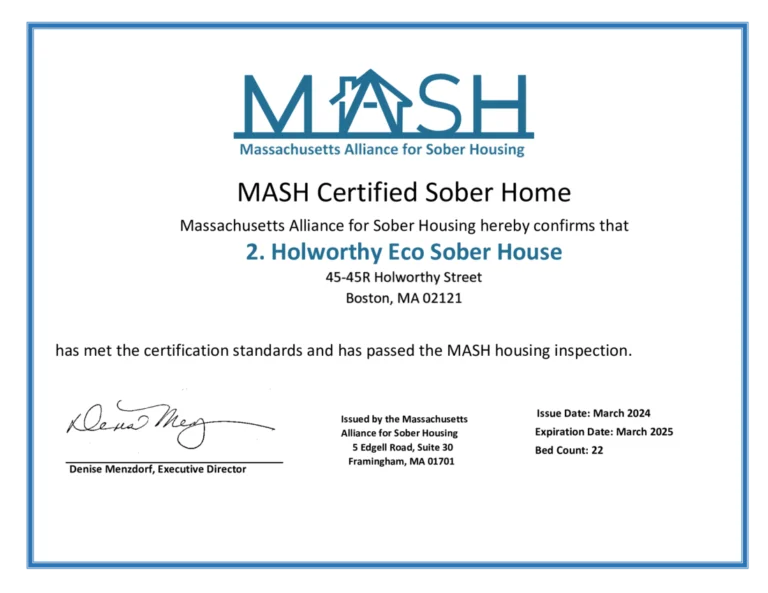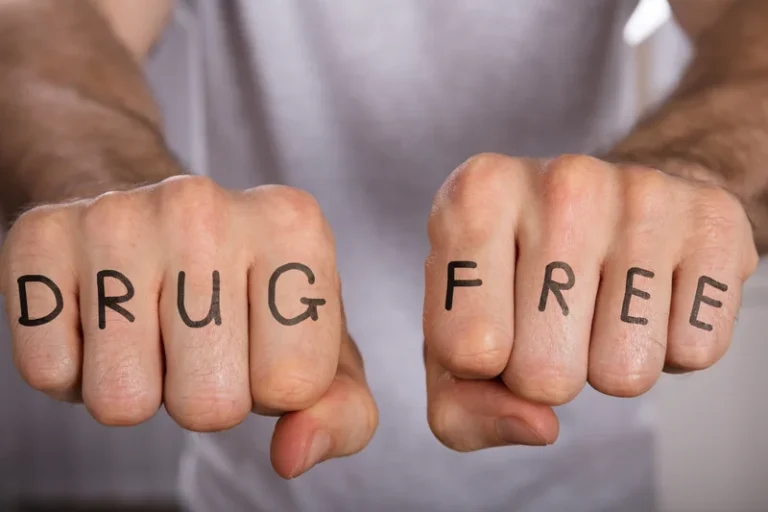
Shift perspective to see relapse and other “failures” as opportunities to learn. • Build a support network of friends and family to call on when struggling and who are invested in recovery. Being alone with one’s thoughts for too long can lead to relapse.
Treatment for Alcohol Problems: Finding and Getting Help
- There is one benefit of self-help groups that deserves special attention.
- Before getting to a full-blown relapse, however, a person may experience a lapse, described as the initial use of a substance after a period of recovery.4 The late addiction researcher G.
- Long-term solutions for managing relapse are about preventing relapse as much as possible.
- When someone has an alcohol use disorder, they can’t control their drinking and continue to drink even with negative side effects.
- Distraction is a time-honored way of interrupting unpleasant thoughts of any kind, and particularly valuable for derailing thoughts of using before they reach maximum intensity.
If you find yourself in an emotional relapse, try to learn more about how you can practice self-care. Self-care might be as simple as adjusting your diet or getting more sleep. Self-care can also mean taking better care of your emotional needs. Take time out for yourself, treat yourself with compassion, and let yourself have fun. Understanding triggers for alcohol use is important for someone in recovery and their loved ones.
How do behavioral therapies treat drug addiction?
Relapse rates for drug use are similar to rates for other chronic medical illnesses. If people stop following their Alcohol Relapse medical treatment plan, they are likely to relapse. Mind-body relaxation plays a number of roles in recovery [4].
Tips for success in alcohol recovery
If a person is in therapy during emotional relapse, the focus of therapy may pivot towards reinforcing the importance of self-care. Learning various acronyms can help a person identify when they need to improve their self-care, such as HALT (Hungry, Angry, Lonely, Tired). One such neurotransmitter, dopamine, reinforces the connection between drug use, pleasure, and any external triggers that remind the user of the substance.
How Does Addiction Develop in the Brain?
Other ways to get help include talking with a mental health professional or seeking help from a support group such as Alcoholics Anonymous or a similar type of self-help group. Many successful treatment plans are specifically tailored to each individual. Relapse prevention and other treatment strategies may consider the person’s environment, level of motivation, severity of their addiction, https://ecosoberhouse.com/ co-occurring medical and mental health conditions, and other factors, too. It’s about creating a lifestyle that can help a person maintain their recovery goals. Part of the recovery process includes talking about relapse, and learning healthier ways to cope with triggers that can lead to it. Some people feel that relapse prevention is about saying no right before they take a drink.
What is considered 1 drink?

Renewal Center for Ongoing Recovery


